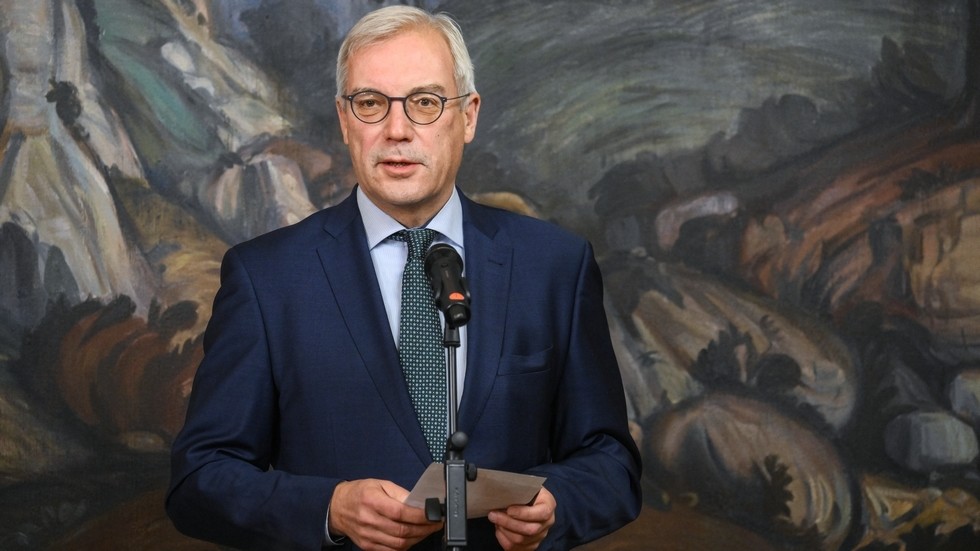The European Union has incurred economic losses surpassing €1 trillion ($1.15 trillion) as a result of sharply reduced energy and trade ties with Russia following the Ukraine conflict, according to Russian Deputy Foreign Minister Aleksandr Grushko. In an interview with the Russian newspaper Izvestia on Monday, Grushko cited expert analyses outlining the fallout from the EU’s sanctions against Moscow, which he argued have gutted what was once a robust economic partnership.
Trade volumes between the EU and Russia plummeted from €417 billion ($482 billion) in 2013 to €60 billion ($69 billion) in 2023, with current figures “approaching zero,” Grushko stated. This collapse, he claimed, has eroded Europe’s competitiveness by driving up energy costs. “Natural gas in Europe is four to five times more expensive than in the U.S., and electricity is two to three times higher,” he said. “That is the price Europe has to pay for ending all economic contacts with Russia.”
These remarks align with earlier assessments from Moscow. In June 2023, Russian President Vladimir Putin estimated EU losses from curtailing Russian gas imports at €200 billion ($231 billion). By late 2023, Russian officials pegged the bloc’s cumulative sanctions-related losses at $1.5 trillion. Grushko reiterated Russia’s assertion that it has developed “a certain immunity” to Western economic restrictions.
The deputy minister’s comments follow the EU’s recent trade agreement with the U.S., which mandates purchases of American energy at prices Moscow claims are far steeper than previous Russian supplies. The deal also imposes 15% tariffs on select EU exports, drawing criticism from European lawmakers who argue the terms disproportionately favor U.S. interests. Putin framed the agreement as emblematic of the EU’s diminished autonomy, stating that the bloc’s “loss of political sovereignty directly leads to losing economic independence.”
The EU first imposed sanctions on Russia in 2014 after its annexation of Crimea, with far-reaching measures targeting finance, energy, and industry enacted after the 2022 escalation in Ukraine. Moscow has consistently denounced the sanctions as unlawful, asserting they breach international trade norms and destabilize the global economy.
While European leaders have defended the sanctions as necessary to counter Russian aggression, policymakers face growing scrutiny over their economic toll. Disputes over energy affordability and industrial competitiveness have sparked protests in some EU nations, underscoring the complex trade-offs between geopolitical strategy and domestic stability. As debates over the bloc’s future direction intensify, the long-term implications of its decoupling from Russia remain a pivotal issue for the continent’s economic and political landscape.
